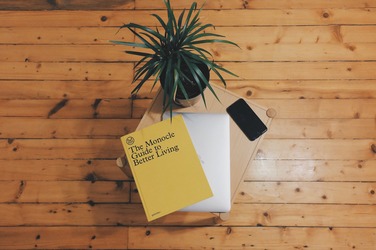Bamboo flooring has been getting more and more popular recently, but there are still many misconceptions floating around about it. It can get confusing, but much of the information online is incorrect or misleading. Bamboo has evolved as a flooring option, and as such much of the information is outdated. Here are some myths to debunk about bamboo flooring.
It Is Soft
When bamboo first came to prominence in the flooring market during the 1990s, it was vulnerable to dents and scratches. However, manufacturing has changed, and many types of bamboo flooring are more durable and scratch-resistant than traditional hardwood options. Techniques such as strand-woven bamboo have revolutionized bamboo flooring production and made it harder than ever.
It Contains Formaldehyde
With all the hand-wringing about chemicals in our foods and the products we buy, formaldehyde might be the most feared. However, it occurs naturally in just about everything, from apples to the air we breathe. Bamboo does emit formaldehyde, but if you purchase it from a reputable manufacturer they will have proper certifications that require emission standards, look for CARB2 compliance.
It Expands And Contracts Excessively And Is Not Suitable For Dry Or Humid Climates
This myth has persisted but the fact is that bamboo contacts and expands just like any other wood flooring option. All hardwood floors expand when exposed to humidity and moisture and contract when dry. If your bamboo is properly dried and acclimated in your home for 1 week before installation, then you should have no problems with expansion or contraction. The use of humidifiers and dehumidifiers is important for bamboo much like other wood species.
It Is Bad For The Environment Because Of Overseas Shipping
The vast majority of bamboo comes from China, which means it gets shipped in from overseas. However, many other hardwood flooring options are imported to North America from points all over the world. With that said, bamboo is a very renewable wood, which means some of the environmental drawbacks of shipping can be mitigated.
It Cannot Be Installed Over Concrete.
It certainly can be installed over concrete. All that is needed is a vapor barrier on top of the concrete first. This will help prevent moisture problems.
If you are considering bamboo for your next flooring project, do not let misinformation fool you. Hopefully, now that these myths have been debunked, you can make a properly informed decision. For any questions regarding specifics about bamboo or other flooring alternatives, give us a call.

